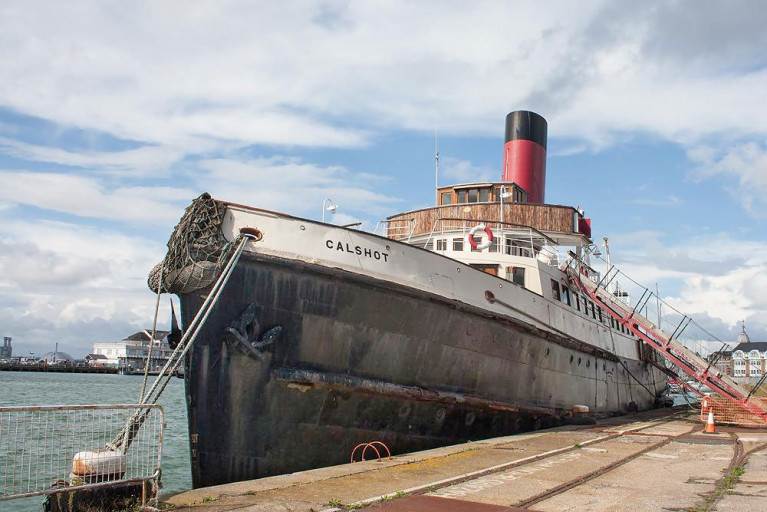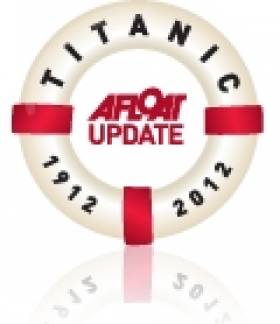Displaying items by tag: Liner tender
In the UK plans to save a "unique" D-Day historic vessel moored in Southampton have been unveiled - ending years of anxiety over its future, having as Afloat reported also spent a career tending to trans-Atlantic liner passengers in Galway Bay.
According to the DailyEcho, the tug tender Calshot has been bought by a maritime restoration company, which is drawing up proposals to restore the vessel over the next three years.
Tomorrow Calshot (was towed on 25th May) from Southampton docks to James Wharf at Ocean Quay at Belvidere Road.
(Afloat adds another former Aran Islands ferry, Naomh Éanna (see story) still remains languishing in a poor state in one of Dublin's Grand Canal Docks Basin's notable Georgian built dry-docks).
The Calshot was launched in 1929 and helped manoeuvre the world’s greatest ocean liners as they either entered or left the port.
In 1944 she was one of more than 7,000 vessels which took part in the D-Day landings.
She transported sections of the famous Mulberry harbour across the English Channel to France and also served as a “non-assault HQ ship”.
But the Southampton-built vessel was declared unseaworthy by the Maritime and Coastguard Agency in 2017.
For years she was owned by the Tug Tender Calshot Trust (TTCT), which warned she was slowly deteriorating and should be moved ashore in a bid to preserve her for the nation.
For much more on this historic vessel, click on the story here
Cobh’s ‘Titanic’ Pier Could Collapse
#TITANIC- In the centenary year of commemorating the R.M.S. Titanic, the pier from where her last passengers boarded at Cobh (Queenstown) is in danger of collapsing unless funding is made available to carry out immediate preservation reports The Irish Times.
The 19th century pier constructed of timber is one of the most tangible links between the town and the liner which anchored offshore and where passengers boarded by tenders.
In addition many emigrants also trundled the pier's planks to depart Irish shores for the final time on ocean-going journeys to the four corners of the world in an effort to start new lives.
To read more about the story click HERE.

























































